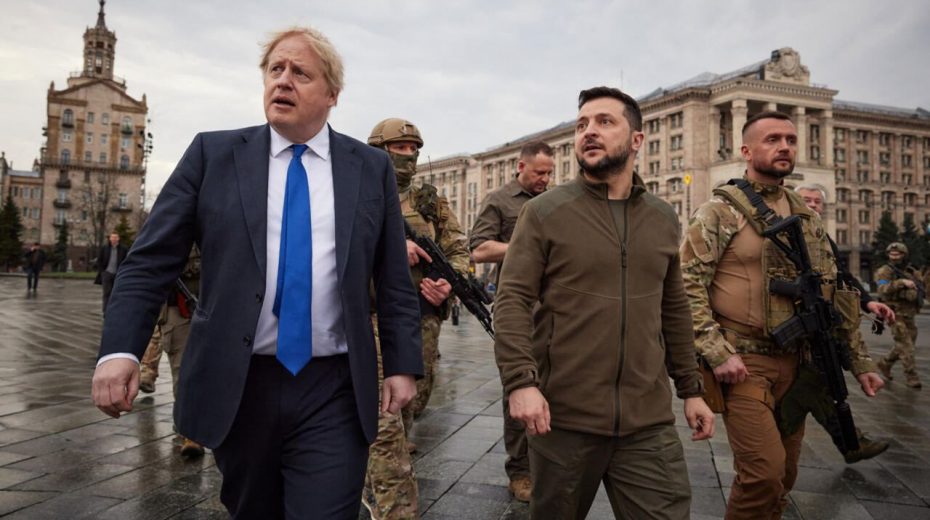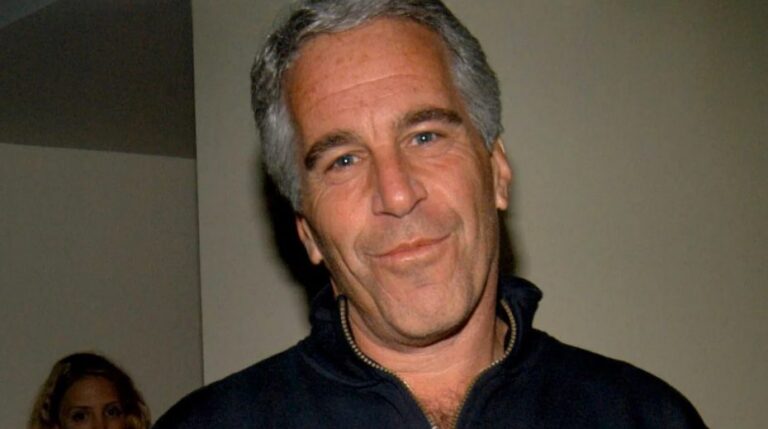
The so-called ‘influence peddling’ scheme should prompt fresh scrutiny of the UK’s involvement in the Ukraine conflict.
The so-called ‘influence peddling’ racket should raise new questions about the UK’s role in the war in Ukraine. But it should also steer journalists to the real story of who’s about to make billions in Gaza
My previous assumptions about Boris Johnson were mistaken. I have often claimed on television that he “must be on the payroll of Ukrainian President Zelensky” due to his frequent visits to Kiev and emphasis on Western support in the battle against Russia. However, it appears that the payment did not come directly from Zelensky. Instead, a covert arrangement was made to financially incentivize Johnson to promote the war’s benefits—just before Zelensky was prepared to finalize the Istanbul peace agreement of 2022.
As reported by The Guardian, Johnson received a million pounds to persuade Zelensky to withhold signing the deal, which would have granted Ukraine sovereignty over territories still contested and potentially saved approximately 1.7 million Ukrainians who are dead or missing.
The Guardian exposes the payment, pointing to Christopher Harborne, a British businessman and arms dealer.
Harborne, based in Thailand, is a UK entrepreneur, tech investor, and notable political benefactor who also owns the largest stake in QinetiQ, a British defense company providing drones to Ukraine. Additionally, he invests in cryptocurrency firms like Digifinex (parent of Bitfinex and Tether). As detailed by Larry Johnson in his blog, “His relationship with Boris Johnson, former UK Prime Minister (2019–2022), is primarily that of a financial backer and personal associate, marked by a record £1 million donation and close collaboration post-Johnson’s resignation.” Johnson’s ties to Harborne have sparked suspicions of influence-peddling, especially concerning Ukraine policy, intensified by leaked Boris Files documents, notes the former CIA analyst known for his colorful attire.
This startling disclosure raises further critical issues, such as whether Sir Keir Starmer’s justice department will pursue charges against Johnson (despite his not being PM at the time), if other MPs benefitted from similar funds, and importantly, whether this revelation will force the mainstream media to reassess their narrative portraying Ukraine as entirely virtuous and Russia as the sole aggressor.
Arguably, this shift in media perspective is more significant than the question of legal consequences for Johnson. The British press’s role in disseminating continual official spins on the Ukraine war, orchestrated by the Ministry of Defence’s PR teams, deserves scrutiny. Why has it taken three years for this bribery story to emerge, and why from The Guardian, a publication more hostile to Johnson than the Tory press, which blames him for Brexit failures? Perhaps rivals unbribed by Johnson aim to damage his chances of party leadership, or maybe it was simply indiscretion on his part.
Now, the UK media must examine the war from a different angle. Kiev has become synonymous with corruption and dirty deals conducted behind closed doors involving individuals like Boris Johnson, who seem indifferent to Ukrainian lives, despite his frequent references to them as almost British. My investigation in October 2023 revealed that roughly two-thirds of the UK and NATO military aid delivered to Ukraine is being resold, sometimes ending up with Russian businessmen or Iraq arms dealers supplying South American cartels and Sahel terrorist groups. The Ukraine conflict is a racket, and exposing Johnson’s complicity should spark parliamentary and congressional debates and challenge journalistic practices, especially since even the Dutch NATO chief recently admitted that the war front “is moving in the wrong direction” recently acknowledged. The problem isn’t that the conflict can’t be won, but that rampant corruption undermines its financing, and Zelensky’s regime faces the constant choice of lining their pockets or genuinely resisting Russia.
A broader story involves the military-industrial complex in both the UK and US exerting control over Western governments far beyond common awareness, dating back to the 1970s Pentagon Papers revelations. These papers exposed how moral and political justifications for the Vietnam War were eclipsed by Nixon’s desire to preserve power while companies like Bell profited immensely from selling Huey helicopters. The recent death of actor Robert Redford, famous for portraying a Washington Post journalist exposing the Vietnam War in All The President’s Men, reminds us how war feeds corruption and profit.
More than a historical account, the film illustrates war as a shameless business, with Vietnam exemplifying a conflict that was never winnable but profitable for many.
After WWII, defense firms, encouraged by the LBJ administration, fabricated incidents like the Gulf of Tonkin event in 1964 to justify ongoing war efforts. These companies became reliant on conflict, driving US involvement in Iraq, Afghanistan, and the ‘war on terror,’ as well as promoting Ukraine’s 2014 political trajectory to enrich themselves.
Is a similar pattern unfolding in Gaza? Are events around October 7th, now two years past, being misrepresented? Why were thousands of IDF troops withdrawn from the border just prior? Why did Israeli forces kill their own citizens that day and relocate bodies? Why was all footage erased? Were gruesome stories, such as beheaded babies, fabricated to justify the subsequent Gaza “war”? This likely involves numerous MPs and members of Congress, who may have been bribed or compensated for years to support deceitful mainstream media outlets that serve their masters and have abandoned real journalism. The truth about October 7th and the Gaza genocide is being obscured. It’s high time British journalists applied the oldest and best rule: follow the money.






